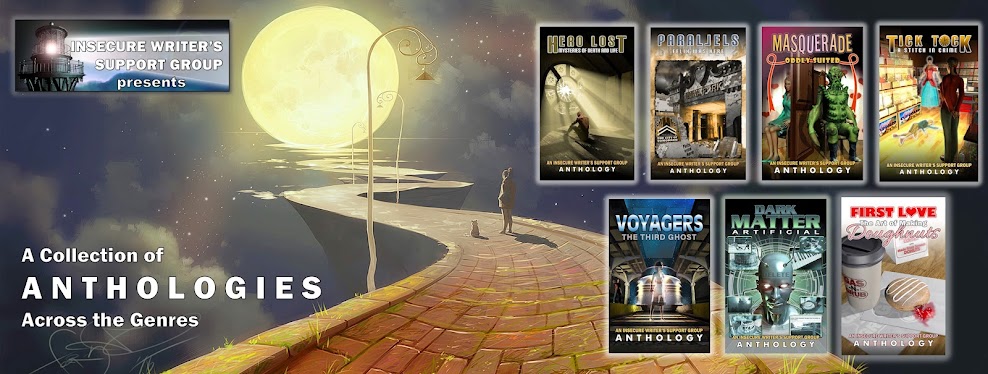Heroes Wanted!
by Tyrean Martinson
I think anyone living in the world today would have a tough time missing the rise of superheroes, heroes, and anti-heroes in film, media, and fiction. Every story must have a protagonist, but lately, it seems as if every story must have a HERO.
Why do we love heroes so much?
Because we need them. According to an article by Psychology Today, heroes “improve our lives.” In fact, the article goes on to state that heroes help elevate us, heal us, nourish our relationships, show us how to transform our lives, and show us how to become heroes ourselves.
Whether we love everyday heroes (civil rights defenders, first responders, those who serve in the military, the kind of person who stops to help someone load their groceries into the car in the rain), or we love superheroes (Captain America, Thor, Wonder Woman), or we love anti-heroes (Captain Jack Sparrow, Hamlet, the Guardians of the Galaxy), they help us see moments of good in the world, they help us see that our troubles can be overcome, and they inspire us to become heroes in our own lives.
And, there are many types of heroes to choose from, going beyond Joseph Campbell’s archetype of the hero. I searched hero types online and found “6 Types of Heroes You Need in Your Story,” along with “Romantic Heroes,” and huge lists of hero types from various websites focused on comic book and fantasy fiction.
Just to name a handful here, there are: Every Man/Woman Heroes, Prodigy Heroes, Un-Heroes and Anti-Heroes (not the same), Misfit Heroes, Perfect Heroes, Best Friend Heroes, Charmer Heroes, Swashbuckler Heroes, Rebel/Bad Boy Heroes, Lost Soul Heroes, Warrior Heroes, Grizzled Old-Timer Heroes, Orphan Heroes, Wanderer Heroes, Jester/Fool Heroes, Tragic Heroes, Martyr Heroes, Sovereign Heroes, Caregiver Heroes, Explorer Heroes, Magician Heroes, and Creator Heroes.
On November 12th, we lost a great Creator Hero from real life: Stan Lee, the creator of Spider-Man, Black Panther, The Incredible Hulk, X-Men, and The Avengers. His life’s work and legacy has inspired artists, creators, and storytellers all over the globe, and entertained millions of people. He will be missed.
 |
| courtesy IMDB |
I used to be embarrassed because I was just a comic book writer while other people were building bridges or going on to medical careers. And then I began to realize: entertainment is one of the most important things in people’s lives. Without it they might go off the deep end. I feel that if you’re able to entertain people, you’re doing a good thing.--Stan Lee, The Washington Post.
Each of us has unique strengths and abilities to share with the world. We each have heroic potential. A hero doesn’t have to work alone. A hero can collaborate with other heroes to create a better world, to show the way to a better future.
So, what kinds of heroes do you love to read about or see on film?
If you are a creator, what kinds of heroes do you like to write about?
What kind of hero are you?

Daydreamer, writer, teacher, believer, Tyrean Martinson lives near the Puget Sound with her husband and daughters. With her B.A. in Ed. and English, she teaches writing classes to home-school teens and she writes speculative, contemporary, poetry, experimental hint fiction, and writing books.
Tyrean is currently writing about heroes who are both blessed and cursed with super-powers. She has written about fantasy heroes, sci-fi heroes, and real-life heroes. She strives to be a teacher-hero and a creator-hero in real life. Her short story, “Of Words and Swords” won a spot in the Hero Lost: Mysteries of Death and Life IWSG anthology.
To read the flash fiction story that started Tyrean’s journey into a super-powered world, check out “Seedling” for FREE on Smashwords, Nook, Apple, Google, Kobo, and Overdrive.




